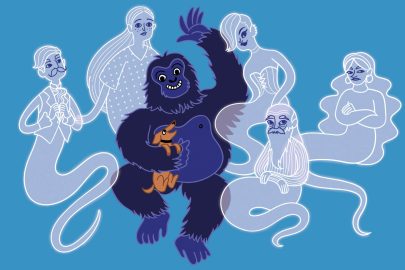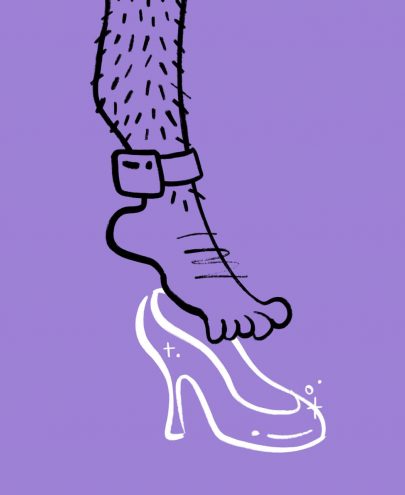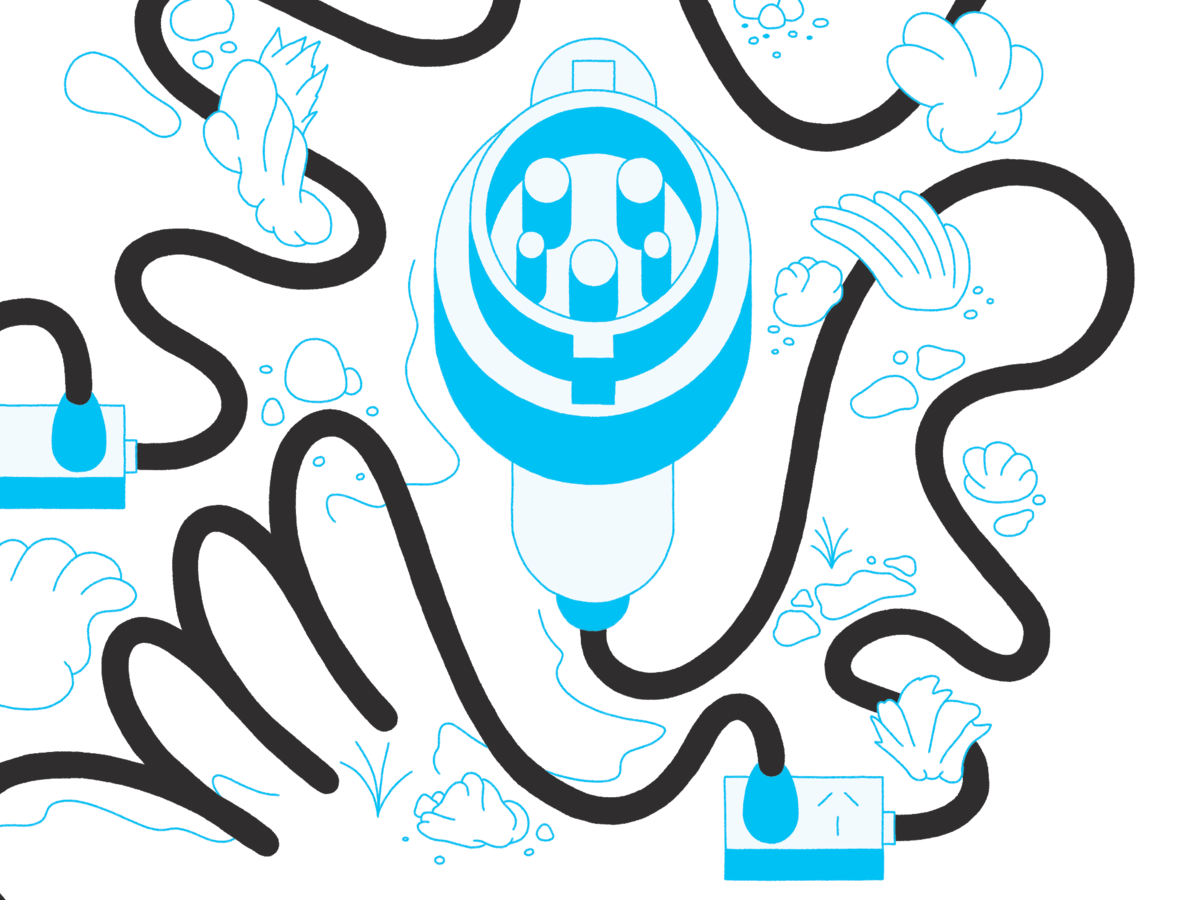Apr 20, 2015 etc
This editorial is published in the May 2015 issue of Metro, on sale April 21.
There’s so much I admire about Australian culture. A long string of great novelists and another of public intellectuals. Great public buildings and public spaces (Sydney aimed higher than almost everyone in the world with the Opera House, and look at how wonderfully well Brisbane, the size of Auckland, did with South Bank). Exciting contemporary artists, including those drawing on 40,000 years of unique, vibrant cultural expression. Better newspapers.
And then there are Darren Lehmann and Rod McGeoch.
Lehmann, for those of you who don’t allow yourselves to get too close to macho dickheads, is the coach of the Australian cricket team. I’m not unduly fussed that they won the World Cup — they played better that the Black Caps on the day and they deserved it. But it’s remarkable they felt the need, not just to win, but to ridicule and abuse their opponents at every point, and that this behaviour was not just tolerated by the coach, but expected. He led the charge.
It’s inconceivable a leading coach in New Zealand would get away with that. It also feels far less likely to me that New Zealand might have an equivalent of the Cronulla race riots or any of the other outbreaks of macho mass hysteria that frequently blight the Australian summer. The dots are easy to join up. When your national heroes do not know how to build the comradeship and steely determination required to win without turning to xenophobic bullying, who could be surprised when the same behaviour turns up among their fans?
That’s the culture Rod McGeoch appears to come from. McGeoch, in case you missed it, is the Australian who chairs the MediaWorks board: he’s in charge of TV3. When NZ Herald business writer Fran O’Sullivan says the thing we’ve got to understand about McGeoch is that “he’s Australian”, she means he lives in Australia, not here, and he’s on Lehmann’s team.
When MediaWorks announced it was reviewing the future of Campbell Live, McGeoch told the Herald one thing that was perfectly sensible and another that was completely absurd. Sensibly, he said, in relation to TV3, “We’ve just got to find, through that whole period — 6pm till 8pm — a mix of things that will improve our performance.”
That’s true. It’s nearly 30 years since TV3 was launched, and through its history it has proudly been, at one time or another, the standard-bearer for local drama, comedy, children’s programming and late-night programming, as well as news and current affairs — and, with Campbell Live, the genre that combines current affairs, human interest, lifestyle and entertainment and is known as a magazine show.
Yet, for most of that time, the brutal truth is that every show which rates well on TV3 would probably rate better if it was on ONE or TV2. Despite TV3 having been with us for more than a generation, too many of us still seem unable to find the 3 button on our remotes.
Who could blame Rod McGeoch, or his CEO Mark Weldon and enterprising board member Julie Christie, for wanting to do something about that? It’s their job. And they will know that these days in media, you’re a fool if you think it’s good enough just to keep calm and carry on in the hope that things will “come right in the end”. There is no end.
What viewers and readers and listeners want is changing and will keep on changing, and media must change with it or die. But it doesn’t follow you have to throw out the best of what you’ve got.
The absurd thing Rod McGeoch said — the thing that put him on Lehmann’s team — was, “We put news on, but only because it rates.”
Free-to-air broadcasting companies in this country have a duty to produce and broadcast news. It is intrinsic to the functioning of our democracy. If TV3 did not do it, there would be such a storm of protest, it’s hard to think Parliament would stand idly by. How can someone running a major media company not understand that?
But even if this wasn’t true, what does it mean to say “news rates”? It means we like it and we want it. News is not an annoyance the broadcasters have to put up with while they get on with the real business of reality shows. News is at the heart of what they do, not just because it is intrinsically important, but because it is at the heart of what we want them to do.
And because of that, the challenge for MediaWorks is not to work out how to minimise the role of news and current affairs. It’s to come up with fresh bold plans to make the most of those things.
How thrilling it has been, for Campbell Live to rate so well in recent days. That’s something to build on. If the network can spend vast amounts promoting Paul Henry, it can obviously share some of the marketing love with its better ratings performer, John Campbell. TV3 is big enough for the both of them, and stronger for having them both.
Here’s the thing about Campbell: he embodies so many of the things we value about our culture: enthusiasm and critical thinking, support for the marginalised and promotion of the talented, kindness and curiosity and intelligence, and a moral code that can distinguish right from wrong. And, by no means the least of it, he loves his sport.
TV3 is lucky to have him, and now they must show us they have the skills to make the most of him.





